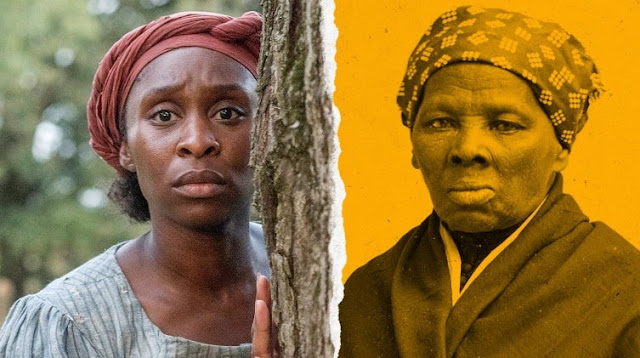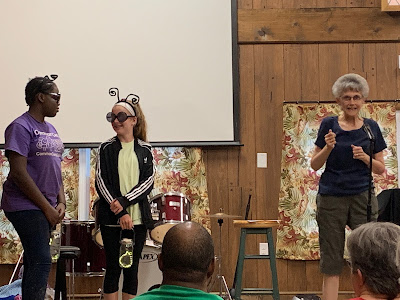The season of Advent is at our doorstep, and once again we hear the ancient story of Jesus’ birth foretold by the prophets. The prophets give us instruction about preparing for this Immanuel, who is God coming to be with us.
As we begin this season I am savoring the words of Isaiah who calls us to “walk in the light of the Lord.” (Isaiah 2:5) How do we do this? The prophet gives us the roadmap for our Advent journey.
Learn from the Lord
First we learn from the Lord. Isaiah 2:3 calls us to “Go up to the mountain of the Lord, to the house of the God of Jacob that he might teach us his ways.” Study the God’s Word with intentionality, for it is the lamp that lights our path. (Psalm 119:105)
Engage in an Advent Bible Study or devotion, and set aside time during this season to ponder what Christ’s coming means to your life personally. Consider also what God wants you to do about it.
Engage in God’s salvation plan for the world
Secondly, consider how your faith is a part of God’s master plan for the world. Isaiah speaks of all nations coming to the Lord’s holy mountain. (Isaiah 2:2) God wants to reach all of humanity, not just the children of Israel. His plan has always been for the salvation of the world. And his inclusive outreach should be ours as well.
Where are you and your church engaged in mission? I am proudest of the UMC for its incredible ministries that reach out and embrace lives across the U.S. and globally, including over 300 missionaries serving in 60 countries, operating 300 UM hospitals and clinics. We also alleviate human suffering through the UM Committee on Relief, UMCOR, wherever there are needs and natural disasters.
We have educational institutions around the globe that for many are the only source of formal education and development. Our participation in church development and agriculture has given light and life to millions. We support these efforts in general through our apportionment dollars. But we also support specific projects, missionaries and concerns through our giving to the Advance.
But what about your church’s local outreach? As you walk in the light, who is left in your shadow? Is the diversity of your church’s neighborhood reflected in your congregation? Are people of other languages and cultures and people with disabilities experiencing your hospitality and welcome? Are you seeing all the people, to echo UM Discipleship Ministries’ question?
Don’t focus only on people who come to your church. Go into the community and be a catalyst for good in schools, businesses, public forums, health care facilities and other settings. We can walk in the light and see the face of Christ among those in need when we minister among them in love. Then we can discover and share the true meaning of Christmas.
Practice God’s Peace Plan
Finally, practice God’s peace plan! Isaiah proclaims that “God shall judge between the nations and shall decide disputes for many peoples; and they shall beat their swords into plowshares and their spears into pruning hooks and nation shall not lift up sword against nation, neither shall they learn war anymore.” (Isaiah 2:4)
We all agree that the end of war and strife on this earth would be a wonderful thing. There is a catastrophic amount of death and destruction on this planet now due to violence. In God’s peace plan it is God who settles disputes and not people with their weapons, their lethal tools of terror.
God’s peacemaking tools are forgiveness and reconciliation. When we humbly submit to God’s plan, peace has a chance! It starts with us. We cannot point fingers of blame at the wars around the world and still harbor grudges and anger toward people in our own lives.
Peace on earth begins with us. With whom do you need to reconcile? This takes hard work and a willingness to take the responsibility for making amends, even if you are not the one at fault.
Finally, peace comes through justice, the Old Testament prophets admonish us as they cry out for justice on every page. When human rights are available to all people then “the wolf shall dwell with the lamb and the leopard shall lie down with the young goat…They shall not hurt or destroy in all my holy mountain.” (Isaiah 11:6) In human terms, we are called to advocate for human rights and dignity for all people.
Courageously pursue justice
I watched the “Harriet” movie recently, the true story of Harriett Tubman, who fled slavery and then became an abolitionist and Civil War hero. She freed hundreds of slaves by her incredible bravery and passion for human justice.
I seethed with anger at the attitude of the cruel, white slave owners in the movie. And I admired the socially conscious white people who joined the battle for abolition. They walked in the light; but theirs was not an easy path.
They were breaking the law by helping slaves escape. They were putting their lives and their families at risk. Some were killed and some lost everything. Meanwhile, many misguided churches in that day were preaching that slavery was God’s will, as they dubiously cited New Testament scriptures. (Ephesians 6:5, Colossians 3:22, Titus 2:9, I Peter 2:18.)
I ask myself: Would I have risked my life and security for the human rights of slaves back then? I want to think so, but I honestly have to search my heart.
Still today, it is risky business to speak up for the downtrodden, be they undocumented immigrants and refugees, people who are trafficked and enslaved for sex and labor in our own neighborhoods, people who can’t get health insurance, or gay people in Pennsylvania who still are denied their full civil rights.
Justice is risky business. Peace comes at a high price. May we ponder and then pursue what God wants us to do personally in the realm of peacemaking.
During this holy season of Advent be blessed, but also be a blessing. Walk in Christ’s light, and share that light with others. Only then can we experience the true meaning of Christmas in all its joy, peace, love and hope.












































